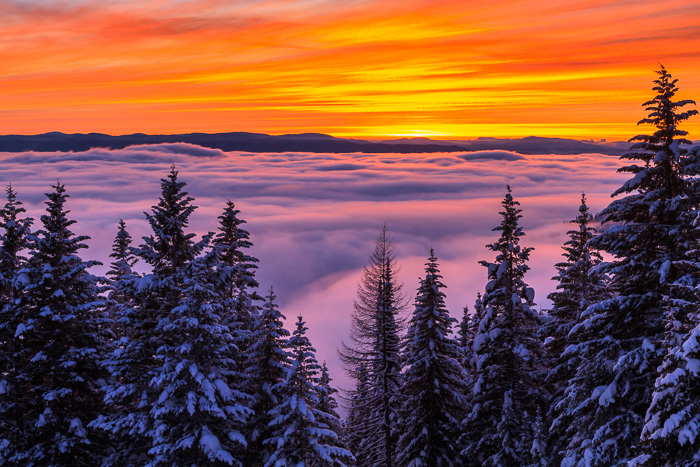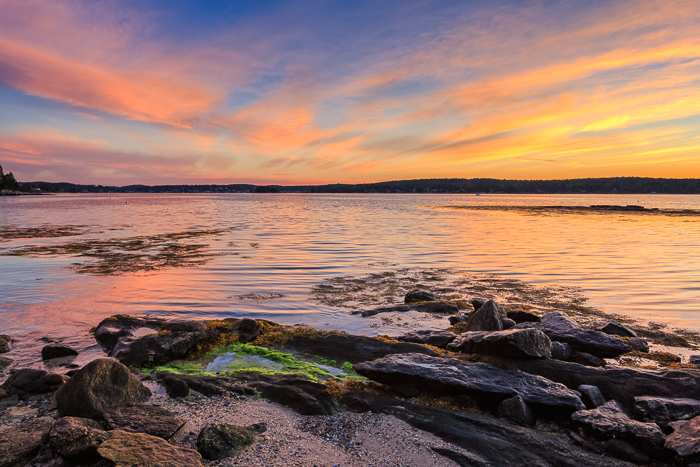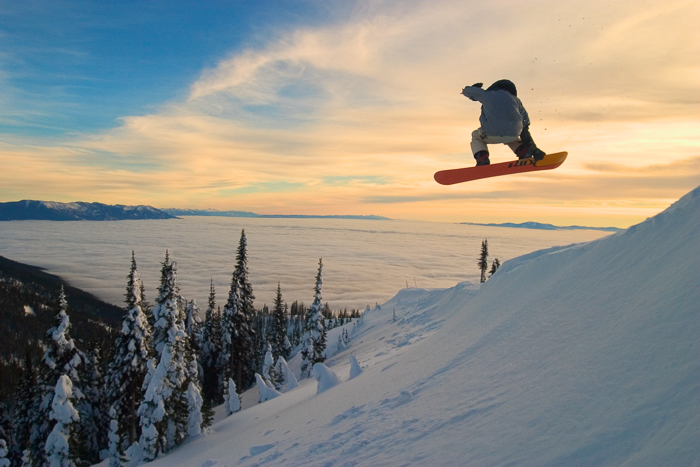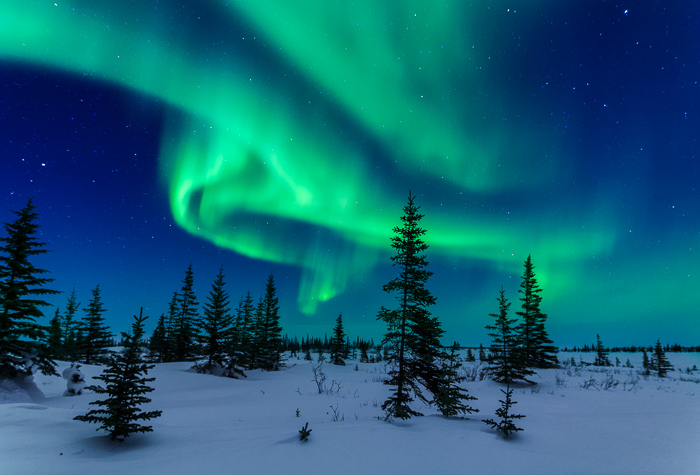Today’s interview comes from the great state of Montana. After receiving an education in photography, landscape and travel photographer, David Marx turned his passion for learning into a successful teaching career. David’s photographic journey has led him on the path to offering in-depth training for photographers of all skill levels. I’m excited to share, not only the chance of getting to know a little about David and his work, but also the opportunity to present his wealth of knowledge.
David, thank you so much for sharing your experiences with us and thank you so much for all your thoughtful responses. You have given the readers an opportunity to glimpse into the mind of a person who truly enjoys what they do.
If you’d like to learn more about David and receive information about his workshops, tutorials and training sessions, please visit his website. You can also follow him on Instagram.

Can you please tell the readers a bit about yourself?
My name is David Marx and I am a landscape and travel photographer living in northwest Montana.
Teaching photography is my profession. I offer three different types of training for photographers of all skill levels.
A: I lead small-group field workshops and Adobe Lightroom training seminars throughout the country.
B: I run a video training website where I post new Adobe Lightroom, Adobe Photoshop tutorials and more for my subscribers each month.
C: I offer private one-on-one Adobe Lightroom / Adobe Photoshop training and tech support sessions via the internet. Photographers from all over the country work with me each week to learn more about Lightroom or to fix troubles with their image storage systems.
Where is home?
Home is in Whitefish, Montana which is about twenty miles from Glacier National Park.
I read the “About” page on your website and see that your work involves teaching digital photography workshops and Adobe Photoshop Lightroom. What is it that led you toward this field and how long have you been working in it?
Life takes us on strange journeys. I went to photography school in the late 1990’s and was trained in the black and white darkroom. Almost immediately after school though it became clear that the film era was done and that digital processing was going to become the new norm for photography.
So starting in the early 2000s I started learning, and eventually teaching, Adobe Photoshop at the Rocky Mountain School of Photography in Missoula, Montana. At first, I taught lessons on scanning film and how to work with your scans in Photoshop.
When affordable high-quality digital cameras came along, I started teaching more and more field photography workshops and helping folks understand the advantages of digital capture.
As digital became the dominant force in photography I heard about a “secret” project that Adobe was working on so I signed up to be a beta tester. That project eventually became Adobe Photoshop Lightroom Classic so I started using it, and teaching it to others, from the very first day that Lightroom hit the market.
What inspired you to be a photographer?

I find photography personally satisfying. The camera inspires me to get up early to go shoot a sunrise or to stay out late and photograph the stars in the night sky. The camera encourages me to see what’s around the next bend or to wait around in a beautiful place for the light to change.
I have no belief that my art will change the world. I photograph because I enjoy the process and if my images please others, or sell, then that’s a double bonus.
Ultimately though, I do what I do with my camera/computer because it makes me happy!
Are you satisfied with your choice of getting involved with this industry? Is there anything else you would rather be doing?
I love photographing and I love teaching. I truly enjoy helping others improve their composition, capture, and image processing skills.
There is nothing better to me than leading a group of photographers to a gorgeous place to shoot a beautiful sunrise or helping them learn how to turn their raw captures into a more polished meaningful piece of art.
I cannot think of anything that I would rather do with my day but I would be lying to you and your audience if I said that it is easy. Making a living in photography/teaching is a constant struggle and it takes endless hard work.
How did you develop your photographic style?
This question comes up a lot in my workshops. My style has been shaped by those who have taught me when I was a student and those who continue to inspire me to craft a stronger image.
If I may digress here, I don’t think that anyone’s “style” is fixed in time. The way that I like to shoot, and process, continues to evolve.
That slow evolution, as we gain skills and experience, is what makes it fun to shoot the same subject again and again or to revisit a favorite place with the camera in-hand.
My style has slowly evolved from fast-action handheld shots to slow long exposure landscapes and now onto time-lapse video clip.
Early in my career, I shot a lot of sports and action photos, particularly of skiing. When I was a twenty-something, capturing images of pro skiers really spoke to me. Most of those shots were done without a tripod using really fast shutter speeds because I wanted to freeze the action.
As I started teaching field workshops, I became more and more interested in photographing the landscape itself, particularly at twilight and night. To create these kinds of images, I had to turn to much slower shutter speeds and put the camera on a tripod.
These days I am completely fascinated with time-lapse photography. These days, I often leave the camera firing away at the ocean, or the stars, for hours and hours without changing anything.
One’s style in art is an endless journey!
What is the most rewarding part of being a photographer for you?
The most rewarding part of being a photographer for me is the experience.
When I pick up my camera, I often get “tunnel vision” and I am really able to focus in on what’s right in front of me. Without the camera, I might have kept walking or driven right by a beautiful place but with the camera, in hand, I can finally slow down and focus.
When everything goes well, the camera acts as a vehicle for me to find a new level of appreciating for the world around us that I often miss in my otherwise hectic daily life.
What is the most difficult part of being a photographer for you?
The most difficult part of being a photographer is actually finding the time to go out and shoot!
It is ironic because shooting is what I love to do but the reality is that running a photography business, even one like mine where I make 99% of my income from teaching versus shooting, means running a business.
Like anyone working in almost any other industry, making a living in photography means paying bills, writing invoices, and spending enormous amounts of time at the computer. Finding the time to go shoot, especially to go shoot something fresh and new, is a real challenge!
What has been the biggest source of inspiration in your work?
I think that the need to learn new skills to create fresh materials for my workshops/videos is my biggest source of inspiration. A lot of my students are beginners, but with the rise of digital photography and social media, everyone enters this art with a very refined eye.
I believe that the level of photography that satisfies the average photographers these days is so much higher than it was ten or twenty years ago. Keeping one step ahead of my students keeps me learning!
How do you keep yourself motivated and your photography fresh?
This and your last question really fit together. As an educator, I need to keep pushing forward and improving my images, and my eye, because that’s what my students want to learn.
They say in business that it is “easier to keep a customer happy than find a new one.” Well for me, that means continually adding new lessons, and skills to my repertoire, so that those who already know me have a reason to take another workshop with me or to continue their subscription to my video tutorial website.
What has been the best source of information along your photography journey (workshop, online forums, classroom, mentor, etc)?
I feel really lucky here to have worked with and learned from so many other wonderful instructors in my years of teaching. I learn all the time from my colleagues at the Rocky Mountain School of Photography, at the Viewfinder Center for Photography, and at all of the trade shows/ camera club events where I get to teach each year.
What industry sites and blogs do you read regularly? Would any stand out as particularly motivational or inspirational for someone who might be interested in learning about photography?
I would argue that “learning photography” is a very broad topic.
When I am looking for information on new cameras and lenses I turn to experts like Gordon Laing over at cameralabs.com
For general inspiration, I watch a lot of the free photography lectures from the B&H Photo Video camera store’s Presentation space on YouTube.
Are there any photographers out there who motivate you? If so, who are they and what is it you like so much about them?
There are too many photographers to list. There are so many talented, inspiring artists, in the world right now. Since I can’t list them all here though I will pick four artists who I know personally and whose work always inspires me: Forest Woodward, Tim Cooper, Zack Smith and Inti St. Clair.
From your point of view, what makes a good photograph?
In my opinion, a great photograph is an image that needs no caption. Truly powerful images convey a message that any viewer, anywhere, can immediately grasp.
When an image is able to transport the viewer’s imagination to a place that they have never been or to show them something that they have never seen before, then you have a strong compelling photograph.
What is one piece of advice you would like to offer a new photographer just starting out?
Do not buy into the hype that a new camera, lens, or any software program is going to magically improve your art. There is an entire industry out there built around the myth that if you buy this, or that, then your photos will instantly improve.
That’s total bs! Your images will only improve when you have put in 10,000 hours of practice and learned from 1,000,000 mistakes. Buying something new and shiny will not help you shorten that learning curve.
I am going to preface all of my answers here by saying that I do not believe that conversations about camera equipment are particularly instructive.
Yes, you do need a reliable camera to be a photographer, but in the hands of a talented artist, you can make great art with a cellphone or the simplest of point and shoots. Equipment does not equal art!
What type of camera(s) do you shoot with? What is your favorite lens?
I am shooting with two old beat up Canon 5D Mark III camera bodies. My favorite lens depends on the scene that I am photographing.
Again, I do not mean to give a lousy answer to this question but the right gear for one photographer is not necessarily the best choice for another.
What is in your camera bag?
My camera bag contains two camera bodies, three lenses, some filters, and a couple of intervalometer / remote trigger devices that I need for time-lapse photography.
What is your favorite photography accessory?
My tripod!
A solid sturdy tripod is essential for landscapes, night, and time-lapse photography. Without this tool, I am limited in the times of day when I can shoot and my compositions suffer.
Despite what I said above about not buying into the myth that “buying something new will magically improve your photography,” I must say that using a sturdy tripod is one of the very best things that you can do to shoot better images.
How important is Photoshop in your final images?

Every single one of my images is processed in Adobe Lightroom. Lightroom is the program that I use to empty my memory cards, to sort through my compositions, and for the first steps as I process any of my raw files.
I will often move on to additional software once I have maxed out on the creative changes that I can make inside of Adobe Lightroom alone. Lightroom and Adobe Photoshop are meant to be a team though so almost every image ends up in Photoshop as well.
In my workflow, Lightroom + Photoshop and some time, even more, are often what it takes to bring out the level of detail and precision of color that I want for my finished product.
Can you tell me about one of your favorite or most memorable photo sessions? What made it so great and why did you like it so much?
How about I tell you about what makes a great photo workshop instead.
My favorite workshops are the ones where the students and I go somewhere beautiful and everyone comes away with images that make them happy.
I taught a series of Aurora Borealis workshops way up at the edge of Arctic in the dead of winter a few years ago. Taking pictures of the Northern Lights is one my absolute favorite things to do.
On these workshops though in Churchill, Manitoba, it’s super cold. It is so cold that the camera batteries don’t last very long and we are wearing huge thick mittens. Just setting up the tripod in the snow can be a real challenge.
Anyway, the real joy of these photographic experiences are the friendship that my students and I now share. Watching the lights dance, and enduring such cold to get images that thrill us, has made us all life-long friends!

Do you have any projects that make you look back and shake your head? What made the experience so unpleasant?
I had a commercial job once really early in my career where I was supposed to photograph different wood veneer samples for a company that makes custom cabinets and doors.
Now I have no passion for product photography, nor much interest in cabinets, so the images that I shot literally look like blocks of wood.
Because I found no passion for the subject, these photos are awful. Without any creative spark, the results were totally uninspired and dull. Needless to say that this company never called me again.
Do you see yourself as a photographer many years down the road?
Good question!
I know that I am always going to photograph and I know that teaching photography will be my livelihood for the foreseeable future.
What’s likely to change though is what we call ourselves and the way that we experience photography.
I see the rise of technology like Apple’s Live Photos feature, those three dimensional VR headset things, and Augmented Reality Apps, as a sign that the traditional still image might not be the only type of art that we “photographers” seek to create in the near future.
Leave a Reply